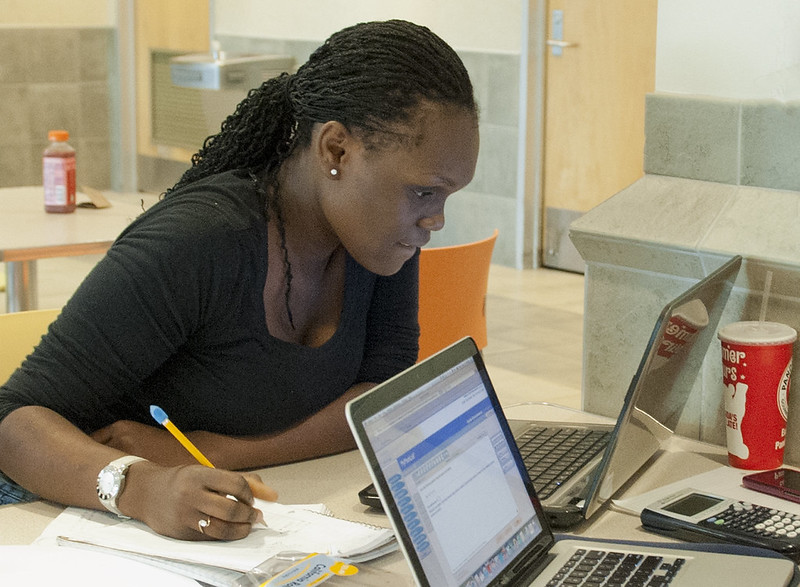One major challenge of teaching during a pandemic is handling remote exams. There are a number of issues that arise, such as dealing with students in multiple time zones, technical glitches, academic integrity, and grading. We’ve compiled some resources that may be helpful.
Based on a wide review of literature and discussions with other schools, we’ve found most recommend replacing high stakes exams with several smaller tests or alternate assessments such as reports, posters, presentations, or papers. However, in some cases, the only practical option is an exam. Here are some ideas for implementing tests in an online environment.
Setting up an Online Exam
This summer, ITS presented a workshop on “Online Assessment in Moodle (and Gradescope)” which reviewed different types of assessments available to faculty. The slides and video (Swarthmore login required) are available.
We have help documentation on best practices for Remote Exams and Creating a timed quiz or exam in Moodle which walks through the steps of setting up a timed exam within a larger window of time. This approach has been the most effective when dealing with students in different time zones.
Technology Problems
Technology problems are inevitable when working entirely remotely and we all have to have increased flexibility in this environment. There are a few things we can help with during exams.
- Your Academic Technologist can provide information on different tools to use and ensure your settings are configured properly.
- When using a quiz or an assignment in Moodle, it is possible to provide students with an extra attempt using the override function if technical problems interfered with an assessment.
- Provide students with explicit instructions on dealing with technical problems. For example, you can have students email you a picture or screenshot of the exam to show that they completed the work on time.
Academic Integrity
Some professors are concerned that taking an exam remotely increases the chances of cheating. Two recent articles from the Chronicle of Higher Education address this issue: “7 Ways to Assess Students Online and Minimize Cheating” by Flower Darby and “Students Cheat. How Much Does It Matter?” by Beckie Supiano.
We’ve looked at technical approaches to prevent cheating such as online proctoring systems and have concluded that they are largely ineffective, costly, and a potential invasion of privacy. There are a few technology-related tools that you can use. If giving a closed book exam, some professors hide their Moodle site from students during the exam time. For essays, it is possible to use Turnitin to compare student work to online sources, journals, books, and other student work.
Grading
Depending on the nature of the exam, it may be easier to grade using a computer or consider using an iPad or graphics tablet to allow for handwritten markups. The Moodle Quiz can autograde certain types of multiple choice and short answer questions. For larger classes, grading can be time consuming so it makes sense to consider a streamlined grading process. Your Academic Technologist will listen to your ideas and help to develop a grading approach that works for you.
Reach out with Questions
We’re here to help. Email support@swarthmore.edu with any questions and an Academic Technologist will get in touch.
Featured photo courtesy of Patrick Mansell, Penn State, part of the “Finals Summer Semester 2” on Flickr. https://www.flickr.com/photos/pennstatelive/7735036486

